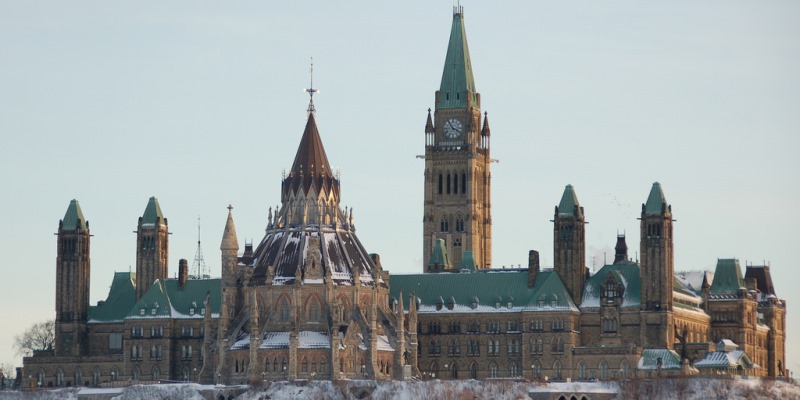Ottawa struggles with Indigenous consultation, stunts resource development in Canada

After weeks of consideration, the Trudeau government recently said it would not appeal the Federal Court of Appeal’s decision to quash the approval of the Trans Mountain pipeline expansion, and would instead further consult with Indigenous groups for an undetermined amount of time.
It seems the government’s approach to Indigenous consultation is try and try again. This time, the government hopes that appointing former Supreme Court Justice Frank Iacobucci to oversee the consultation process will get the process “right.” Remember, this latest move comes after the government sought “deeper consultations with Indigenous peoples” in 2016.
Undoubtedly, conducting meaningful consultations with Indigenous communities is important. However, a trial-and-error approach is fraught with uncertainty and potential delays. But there’s another way. Instead of this flawed approach reliant on judicial interpretations, the government can pass legislation to better define what “duty to consult” actually means.
As noted by Tom Flanagan, professor emeritus of political science at the University of Calgary and senior fellow at the Fraser Institute specializing in Aboriginal issues, the government has the ability to clarify “duty to consult” but has yet to do so.
In the 2004 Haida Nation decision, the Supreme Court created the “duty to consult and accommodate” Indigenous groups regarding development projects (including pipelines) on their traditional territories. However, that right to be consulted was not entrenched in any constitutional document or federal legislation. Instead, the Court inferred it from the “Honour of the Crown.” In fact, the language of the law is particularly vague and has created tremendous uncertainty. And yet, Parliament has passed no legislation to define what the duty to consult actually means. Both the current and previous federal governments failed to clarify its meaning and repeatedly fell short on Indigenous consultation.
Instead of providing clarity on how Ottawa should consult for future projects, and thereby streamline the regulatory processes, the Trudeau government is moving in the opposite direction. More specifically, the government is adding even more uncertainty to Canada’s already onerous regulatory process with Bill C-69.
The bill, which is currently under Senate review, will overhaul the entire assessment process for major energy projects by replacing the National Energy Board (NEB) with a new energy regulator and establishing an Impact Assessment Agency for new projects with additional new review requirements. The bill will add a large number of subjective criteria—including the “social” impact of energy investment and its gender implications—to the review process. Despite good intentions to streamline the process, the proposed changes will make the regulatory system more subjective and uncertain.
Not surprisingly, some academics and prominent industry leaders are raising concerns about the implications of Bill C-69 and what it might mean for Canada’s investment climate. In response to Bill C-69, Hal Kvisle, former CEO of TransCanada Corp., called the bill a “devastating piece of legislation” adding that he doesn’t “think any competent pipeline company would submit an application if Bill C-69 comes into force.” Kvisle’s comments should be sobering for the federal government as Canada’s energy sector is already facing significant investment challenges.
The reality is that the federal government is still grappling with how to get Indigenous consultations “right” and is simultaneously increasing uncertainty and delays for major energy projects. Clearly, the federal government has failed to address the real issues with Canada’s regulatory system—and is actually making things worse with Bill C-69.


